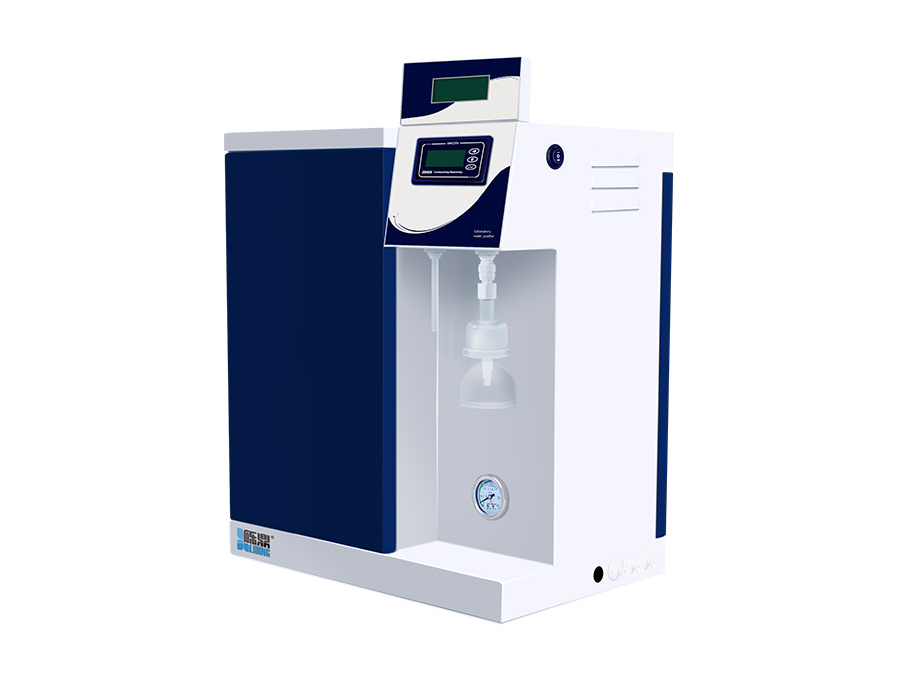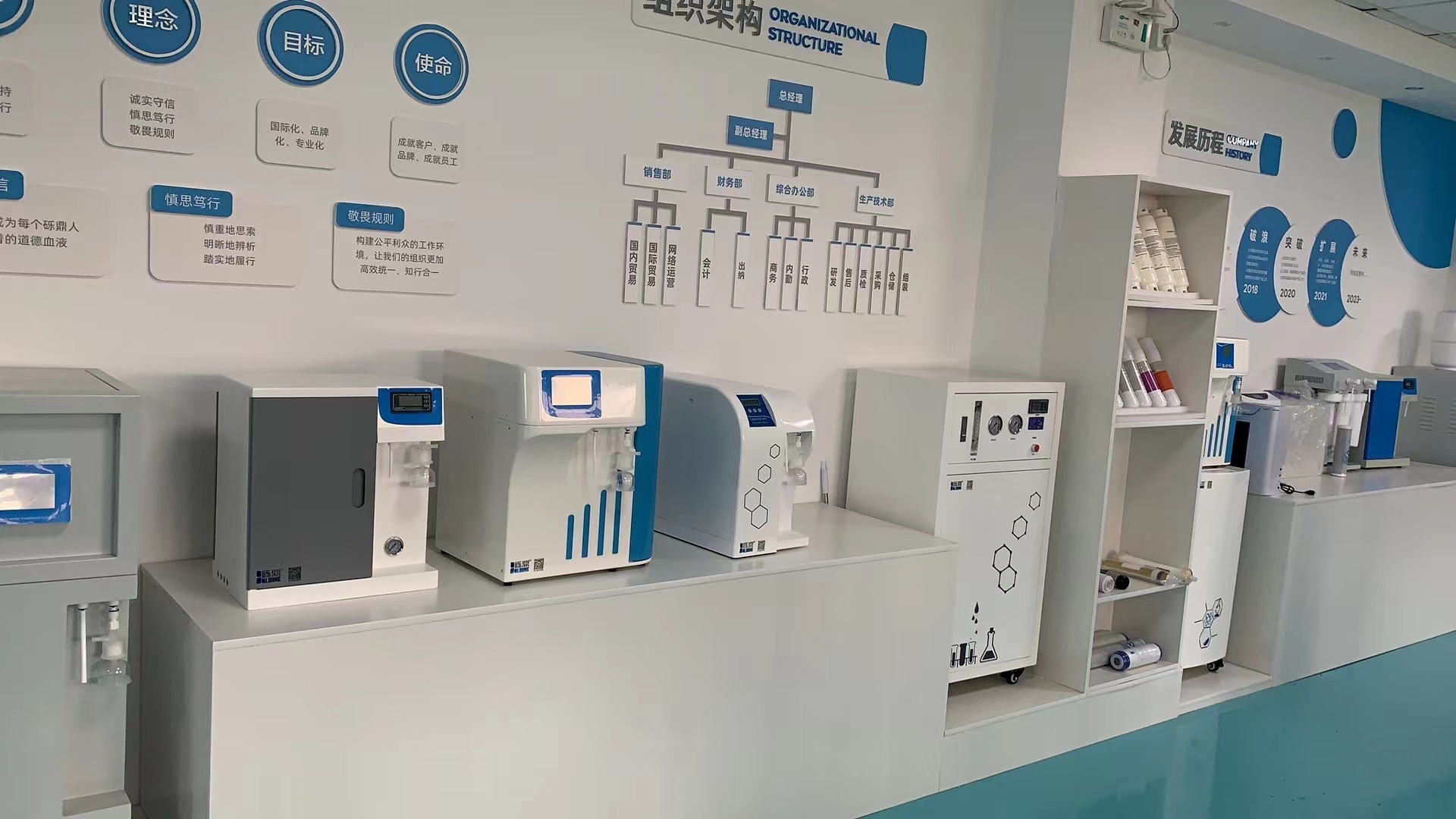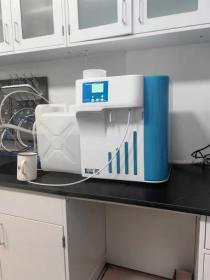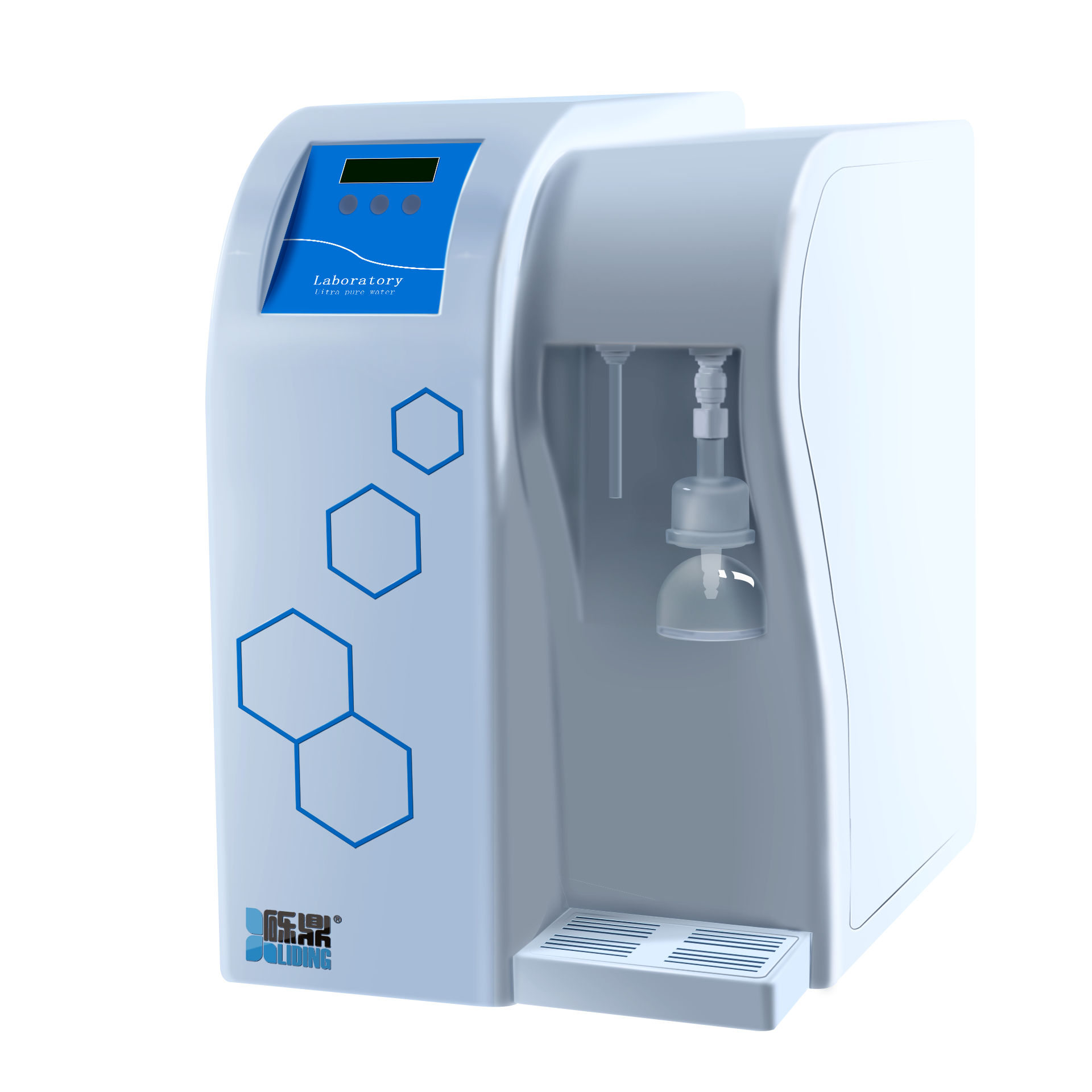A Comprehensive Guide to Avoiding Common Pitfalls with Ultra Pure Water Purification Systems
Time:
Sep 11,2025
A Comprehensive Guide to Avoiding Common Pitfalls with Ultra Pure Water Purification Systems
Table of Contents
- Understanding Ultra Pure Water Purification Systems
- The Importance of Regular Maintenance
- Choosing the Right Ultra Pure Water Purification System
- Common Pitfalls to Avoid in Water Purification
- Monitoring Water Quality Effectively
- Upgrading and Retrofitting Your System
- Staff Training and Education for Optimal Operation
- Conclusion
- FAQs About Ultra Pure Water Purification Systems
Understanding Ultra Pure Water Purification Systems
Ultra pure water purification systems are essential in various industries, including pharmaceuticals, electronics, and biotechnology. These systems remove contaminants to achieve water purity levels that surpass standard municipal supplies. To achieve this, they utilize advanced technologies like reverse osmosis, deionization, and ultrafiltration. Understanding how these systems function is crucial for avoiding common pitfalls.
The Role of Contaminants in Water Quality
Contaminants can significantly affect the performance of any purification system. Common contaminants such as salts, organic compounds, and microbial life must be meticulously filtered out. Each type of contamination requires specific treatment methods to ensure the water's end-use meets the stringent standards set by industries.
The Importance of Regular Maintenance
Regular maintenance is vital for the longevity and efficiency of ultra pure water purification systems. Neglecting maintenance can lead to decreased performance, increased operational costs, and potential system failure.
Scheduled Maintenance Activities
Implementing a scheduled maintenance routine helps identify and rectify issues before they escalate. Key activities include:
- Filter Replacement: Changing filters at recommended intervals prevents clogging and ensures optimal performance.
- System Calibration: Regularly calibrating your purification system ensures accurate readings and performance metrics.
- Leak Checks: Routine checks can identify leaks that may compromise system integrity.
Choosing the Right Ultra Pure Water Purification System
Selecting the appropriate purification system tailored to your specific needs is crucial. Factors to consider include:
Assessing Water Quality Requirements
Different applications demand varying purity levels. Conduct a thorough assessment of your water quality needs before purchasing a system.
Evaluating System Capabilities
Choose a system capable of handling your required output without sacrificing quality. Look for systems with reputable performance records and customer feedback.
Common Pitfalls to Avoid in Water Purification
Below are some frequent mistakes made in the management of ultra pure water purification systems:
Inadequate Pre-Treatment
One of the most common mistakes is failing to implement adequate pre-treatment. Without proper pre-treatment, contaminants can strain the purification system, leading to inefficiency and increased costs.
Ignoring Water Quality Monitoring
Neglecting routine water quality checks can result in the undetected presence of contaminants. Establish a monitoring protocol to ensure consistent quality.
Underestimating System Load
An underestimation of water demand can lead to system overload and degradation of purification capabilities. Accurately assess your water usage to select a suitable system.
Monitoring Water Quality Effectively
Implementing a robust monitoring strategy is essential for sustaining ultra pure water quality. This includes:
Using Advanced Monitoring Technologies
Leverage advanced monitoring technologies such as Total Organic Carbon (TOC) analyzers and conductivity meters to provide real-time data on water quality.
Regular Data Analysis
Analyzing data trends can help identify potential issues before they become significant problems. Establish regular review sessions to evaluate performance metrics.
Upgrading and Retrofitting Your System
As technology advances, upgrading your purification systems may become necessary to maintain optimal performance.
Recognizing When to Upgrade
Signs that an upgrade is necessary include frequent breakdowns, decreased efficiency, or the introduction of new regulations that require higher purity levels.
Considerations for Retrofitting
When retrofitting existing systems, consider compatibility with current components and the overall impact on system performance.
Staff Training and Education for Optimal Operation
Well-trained staff are crucial for the successful operation of ultra pure water purification systems. Implementing a training program ensures team members understand system operations and maintenance protocols.
Key Training Areas
- System Operation: Educate staff on the proper operation of the purification system.
- Maintenance Protocols: Ensure staff are familiar with routine maintenance tasks and schedules.
- Safety Practices: Incorporate safety training specific to handling chemicals and equipment used in purification.
Conclusion
In conclusion, avoiding common pitfalls with ultra pure water purification systems requires a comprehensive understanding of system operation, maintenance, and quality monitoring. By selecting the right system, implementing regular maintenance routines, and training staff effectively, organizations can achieve optimal water quality and system longevity. Investing time and resources into these practices not only enhances efficiency but also safeguards your operations against costly mistakes.
FAQs About Ultra Pure Water Purification Systems
1. What are the primary technologies used in ultra pure water purification?
Common technologies include reverse osmosis, deionization, and ultrafiltration, each designed to target specific contaminants.
2. How often should I perform maintenance on my purification system?
Maintenance frequency varies by system and usage but generally should be performed at least quarterly.
3. What are the signs of system failure in water purification units?
Signs include fluctuating water quality, unexpected system shutdowns, and unusual noises during operation.
4. Can I retrofitting my existing purification system to enhance performance?
Yes, retrofitting can improve efficiency, but compatibility and overall system performance should be assessed.
5. Why is staff training important in operating water purification systems?
Proper training ensures that staff can operate and maintain the system effectively, minimizing the risk of errors and enhancing system reliability.
RELATED NEWS








